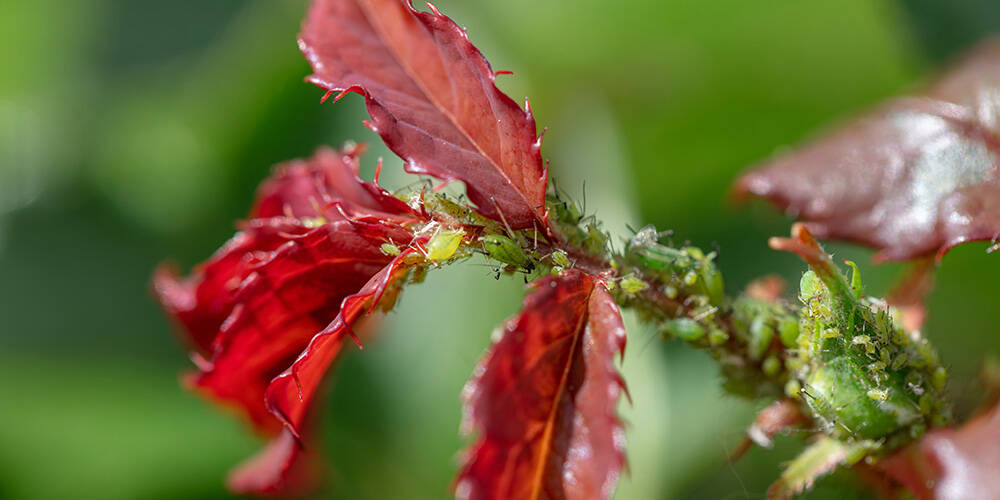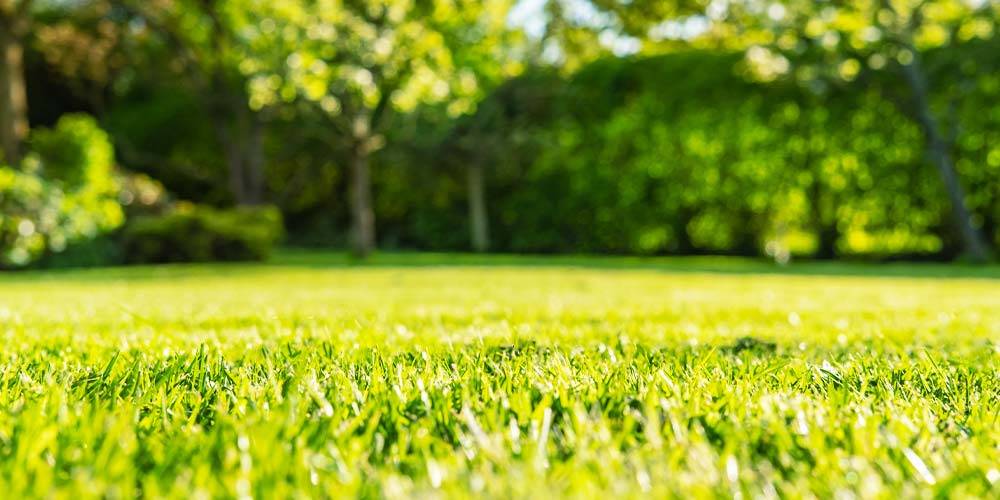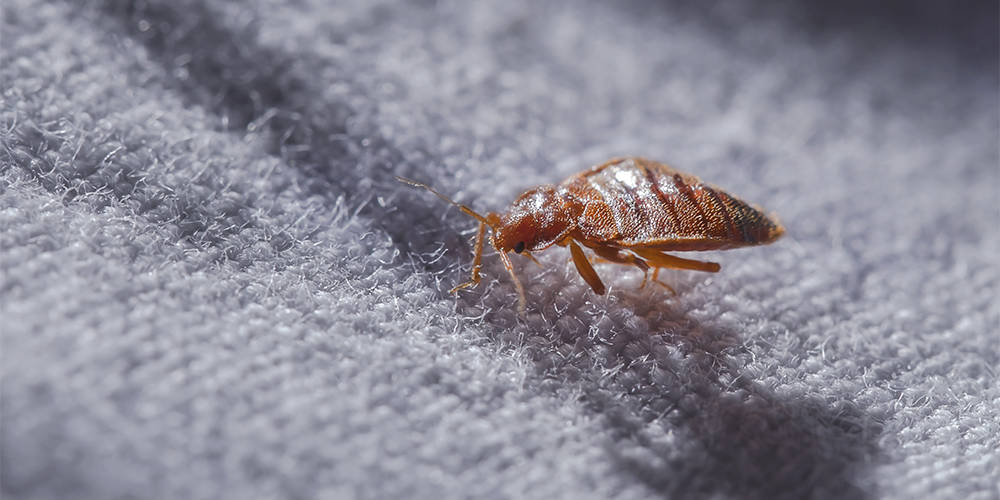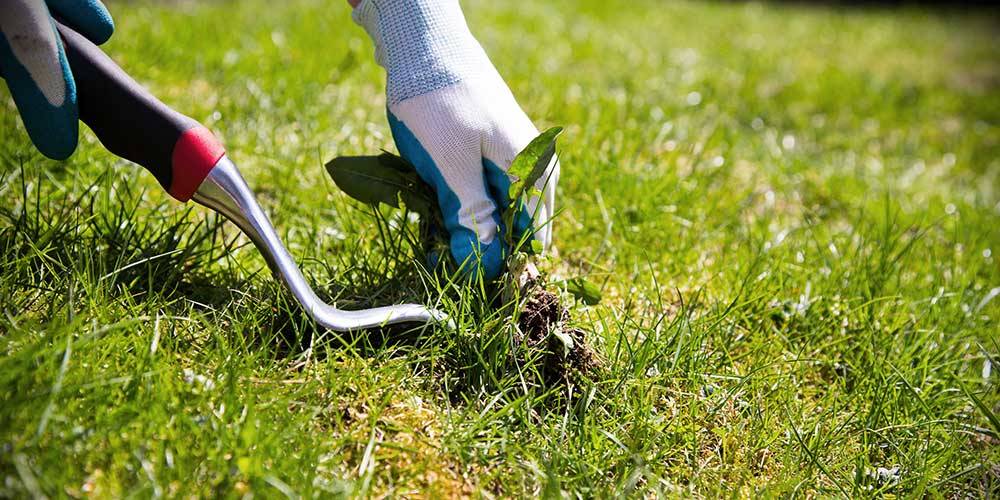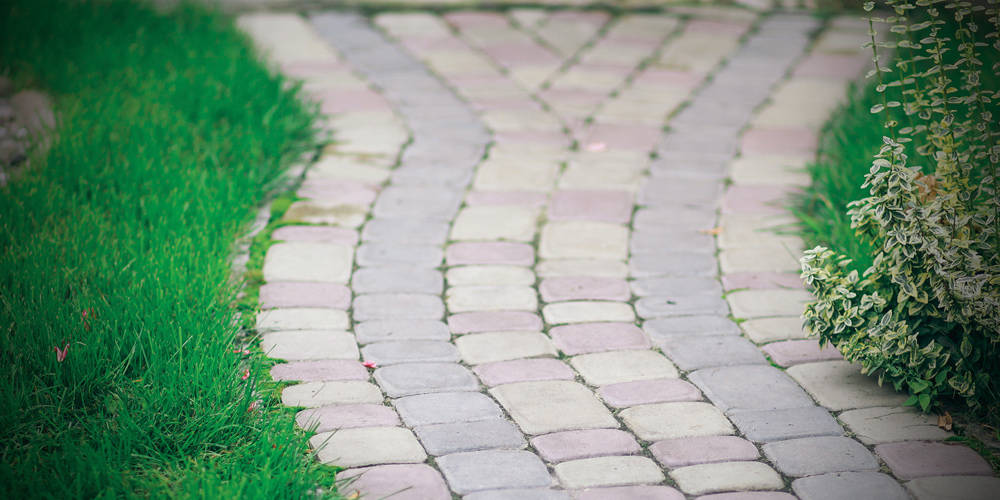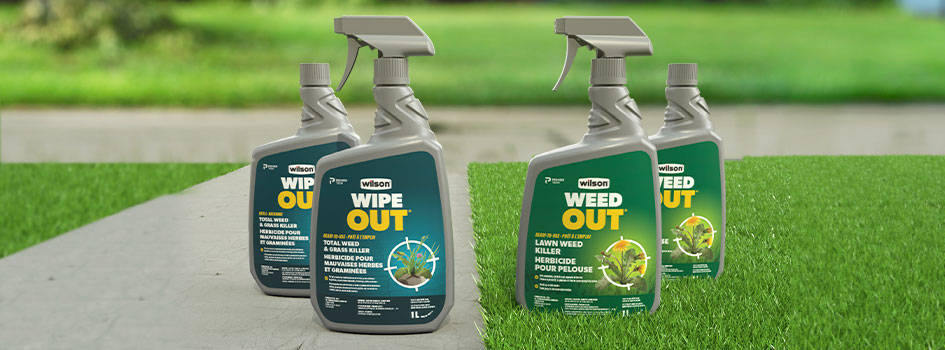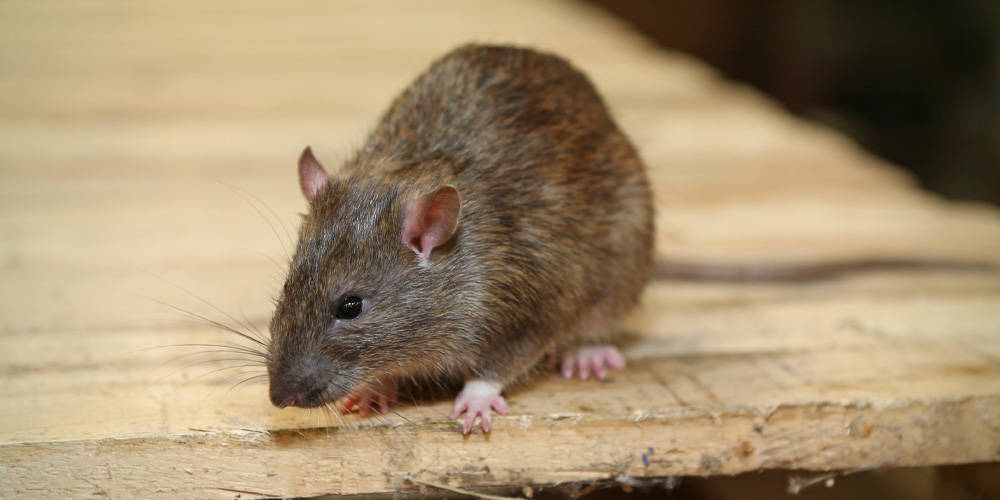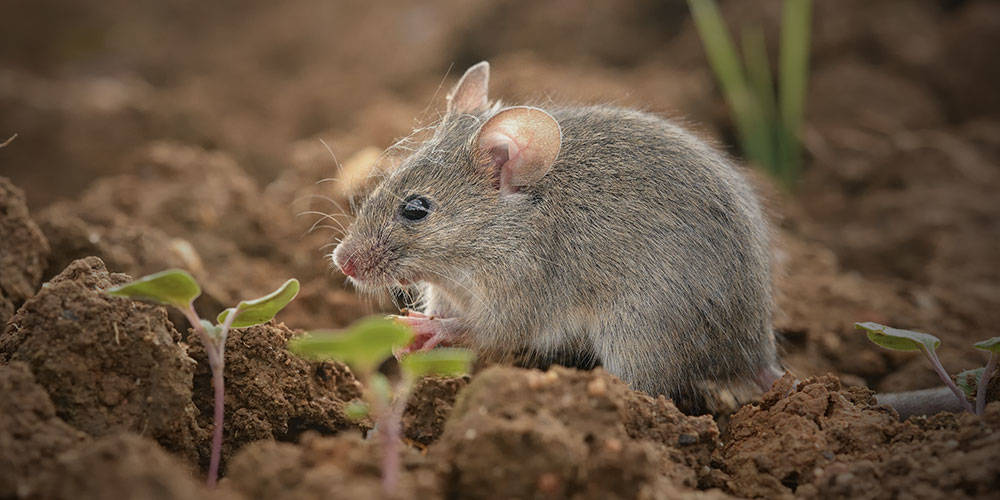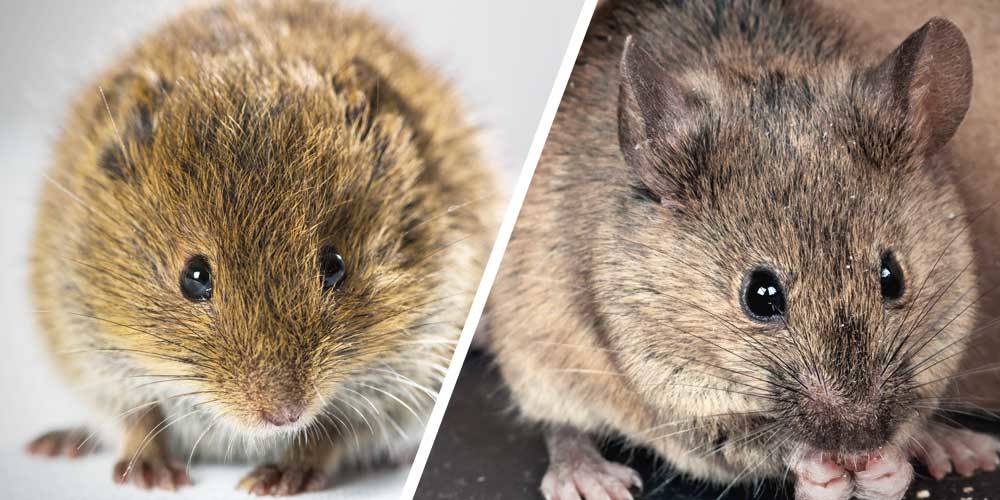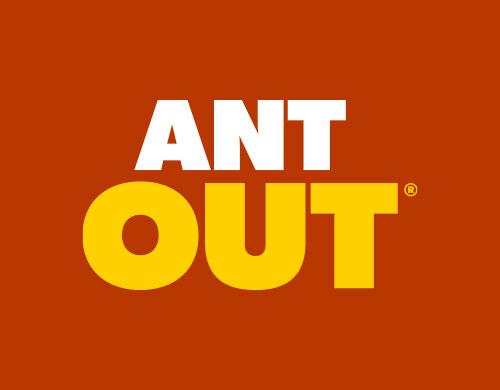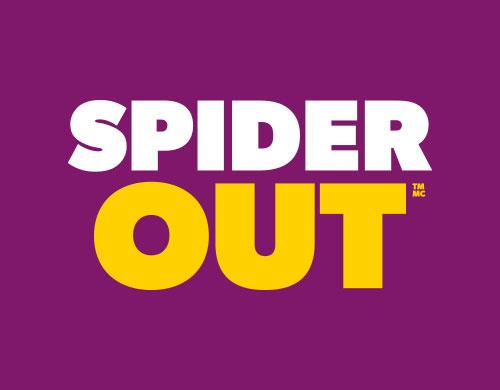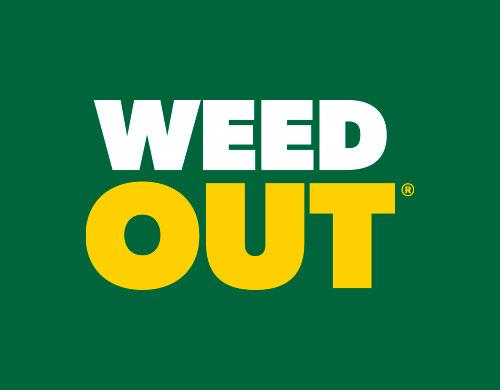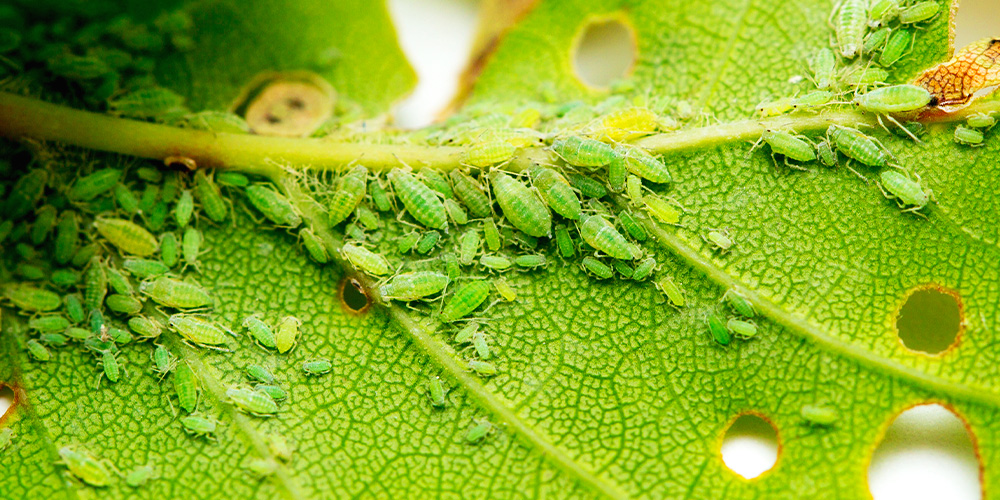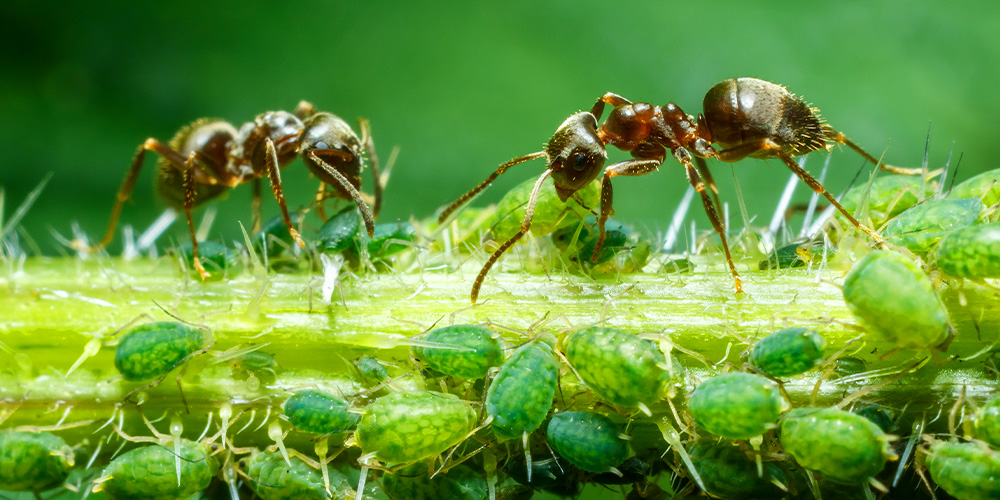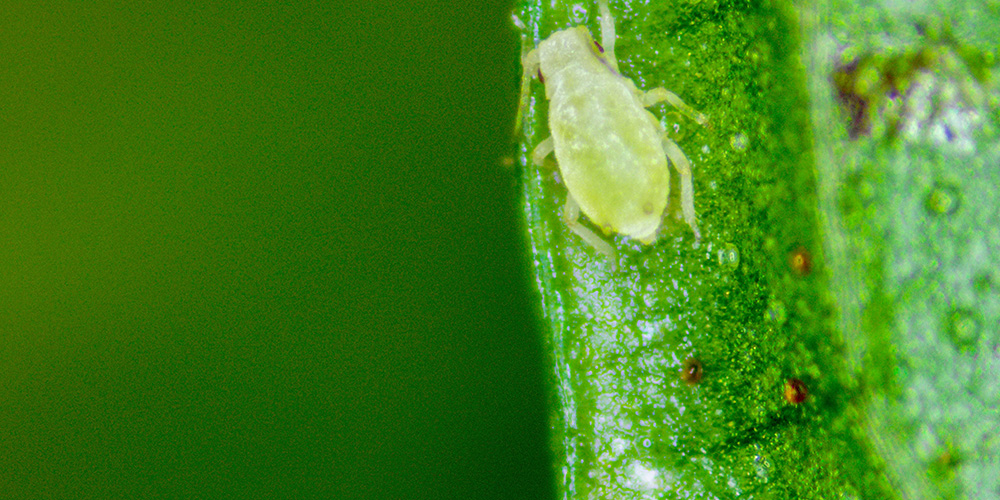Aphids are small, soft-bodied pests equipped with long, slender snouts that they use to suck sweet nectar from virtually every plant in existence. They can be green, brown, yellow, red or black, depending on the species.
In hot weather, each adult female can produce 100 individuals in a week. It is therefore easy to understand why they are such a problem in the garden or in the house.
Should you kill aphids?
Most healthy plants are able to withstand a few aphids, but a serious infestation can pose big problems for gardeners. In the house, aphids can quickly threaten the survival of houseplants.
An infestation of aphids can cause leaves to turn yellow and curl or distort. These small pests suck the sap of plants and secrete honeydew, a sticky substance that promotes black rot. Aphids can also transmit diseases from plant to plant.
What are the symptoms of an aphid infestation?
Check indoor and outdoor plants at least once every two weeks. Watch the underside of leaves closely, as aphids tend to congregate there. If you notice small white spots on the leaves and the surface of the soil, act quickly: they are aphid eggs.
How to eliminate aphids in the garden?
Here are 7 tips to get rid of aphids in the garden.
- Tolerate their natural predators in the garden: If you only notice a few aphids but no major infestation, you can let Mother Nature take its course. Most insects have predators in the garden. Ladybugs, ground beetles, hoverfly larvae and lacewing larvae, rove beetles, blister beetles and earwigs love aphids.
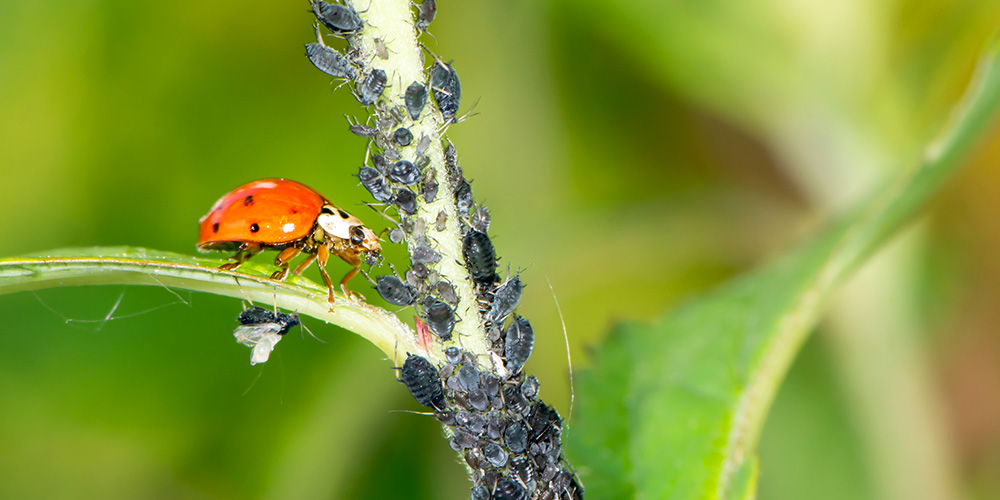
- Attract birds to the garden: Birds, and especially tits, can consume large quantities of aphids. Attract them to the garden by installing birdhouses, feeders and a bird bath.
- Promote biodiversity in the garden : Grow native plants in particular. These plants are more resistant to the insect pests in your garden and they attract beneficial insects.
- Avoid using chemical pesticides : These products are harmful to the planet and threaten the survival of birds and beneficial insects.
- Practice companion planting: Basil, rosemary and garlic are among the plants that repel aphids. Grow them near plants that aphids love. Check out our guide to learn more about companion planting: Companion planting guide
- Eliminate aphids mechanically: Often, a simple jet of water is enough. If only one branch is affected, cut it off. You can also crush the aphids with your fingers.
- Spray insecticidal soap : Wilson BUG-X OUT Insecticidal Soap is effective and safe for your plants. Use as recommended.
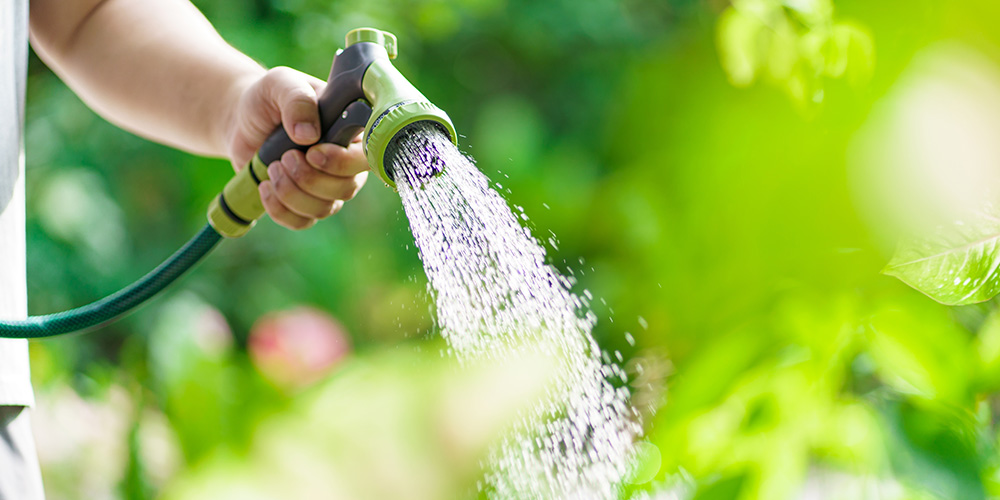
What is the worst enemy of aphids?
Lacewing larvae are extremely greedy. They are a formidable enemy for aphids.
They can be ordered from a garden centre or directly from specialized companies like Lady Bug for use in the home. This product comes in the form of eggs on cards that are hung on infested plants.
While ants are rarely considered pests for your plants, they become so when they promote the proliferation of aphids.
Ants love honeydew, a sticky substance secreted by aphids. Not only do they protect the aphids from predators, but they will even move the colony to other plants to ensure their precious food supply is kept nearby.
If you see a large number of ants on a plant, take a closer look. It's likely aphids have infested it.
How to eliminate aphids in your house?
Tips and advice for eliminating aphids
- Prune the affected parts if the aphids are limited to only a few shoots or leaves.
- Spray infested plants with insecticidal soap. When used as directed, this type of product is safe and effective for aphids, both indoors and outdoors. Spray a leaf first to make sure the soap doesn't harm the plant.
- Stronger aerosol pesticides may be needed for heavy infestations, but before spraying houseplants, make sure the product can be used around the house. As a preventative measure, spray plants outdoors and let them dry before bringing them indoors.
- Since aphids reproduce so prolifically, you may need to treat houseplants several times to get the upper hand. Use pesticides carefully and only when necessary, as aphids may become resistant to them. In such a case, insecticidal soap is a better choice for both indoor and outdoor plants.
